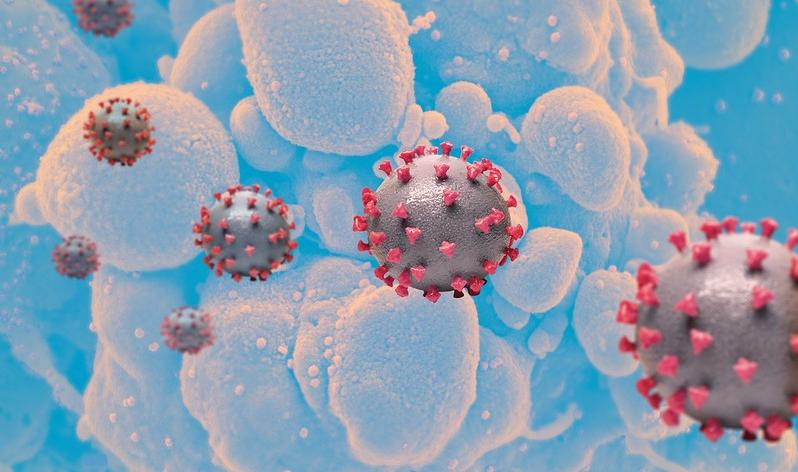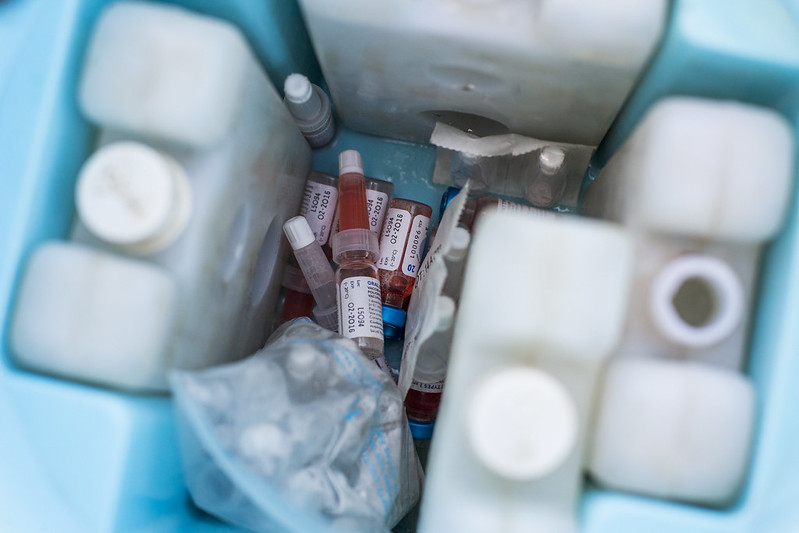The Chicago Department of Public Health (CDPH) has reported two measles cases, one at a center for new migrants and another in a person who had interactions with domestic and international travelers, on a day that US officials raised the national tally to 45.
.jpg)
In an announcement today, the CDPH said the migrant center case involves a young child at a shelter in Pilsen. The child has recovered and is no longer infectious. Officials are asking all shelter residents to remain in place until they can determine if residents are vaccinated against measles. Unvaccinated people will be screened for symptoms and offered the measles, mumps, and rubella (MMR) vaccine.
Yesterday the CDPH announced another case, the city's first since 2019. So far, the source of the patient's infection isn't known. The patient had not traveled but had interactions with domestic and international travelers. No links have been found between the patient and a recent Indiana case who had visited Chicago in February.
The patient's infectious period ended on March 6, and he or she is recovering at home. The CDPH is tracking potential exposures at Swedish Hospital in Chicago and on a bus route.
CDC reports 4 more measles cases
In a weekly update today, the Centers for Disease Control and Prevention (CDC) reported 4 more measles cases, raising the national total this year to 45. It added 1 more affected jurisdiction, Illinois, which raises the number of affected locations to 17.
In January, the CDC urged clinicians to be alert for measles cases, given a steady rise in global cases amid drops in vaccine coverage.
In its background information, the CDC said measles outbreaks are occurring in every region of the world. The agency warned that outbreaks can happen in areas where people are unvaccinated or undervaccinated, including the United States.











